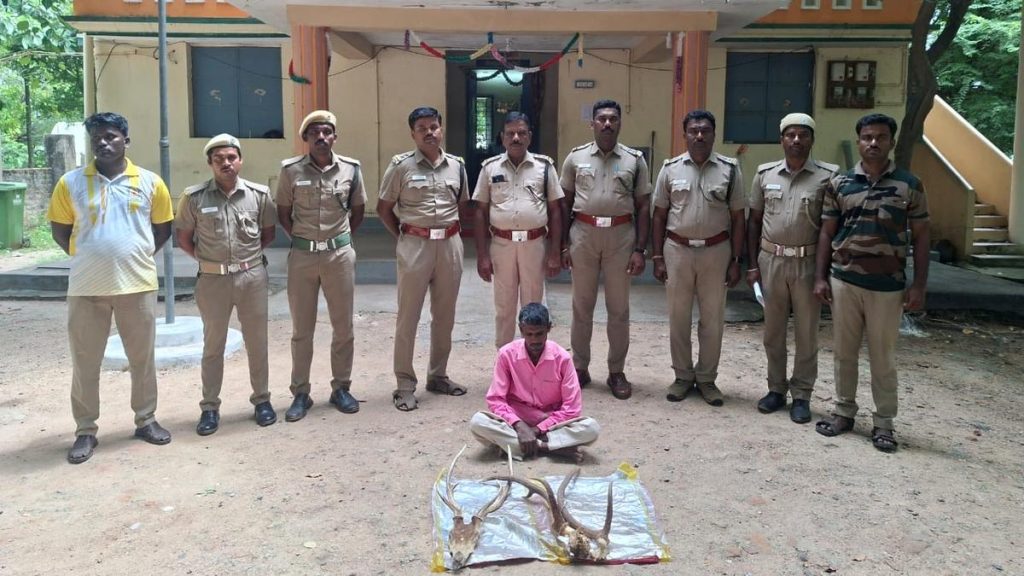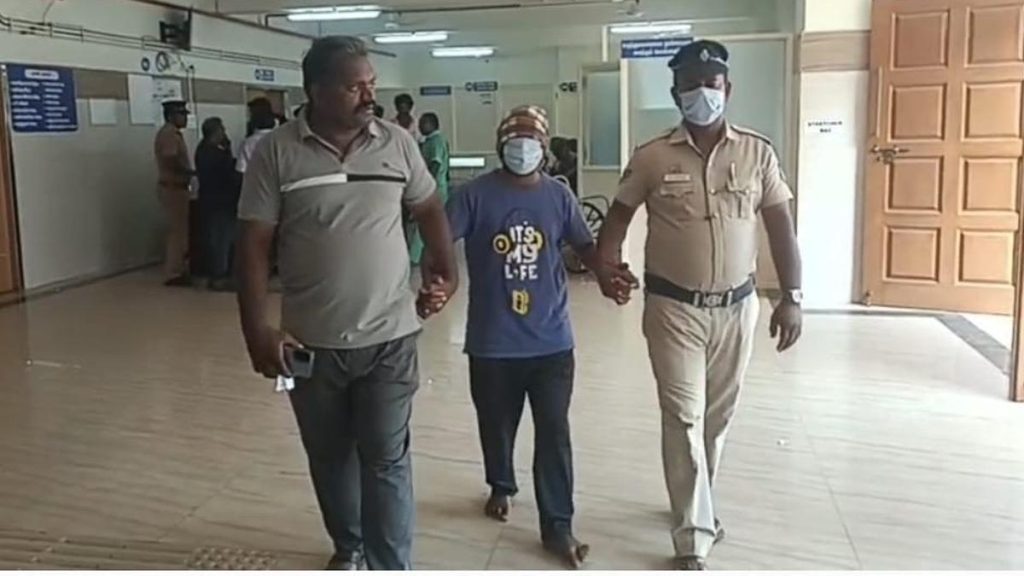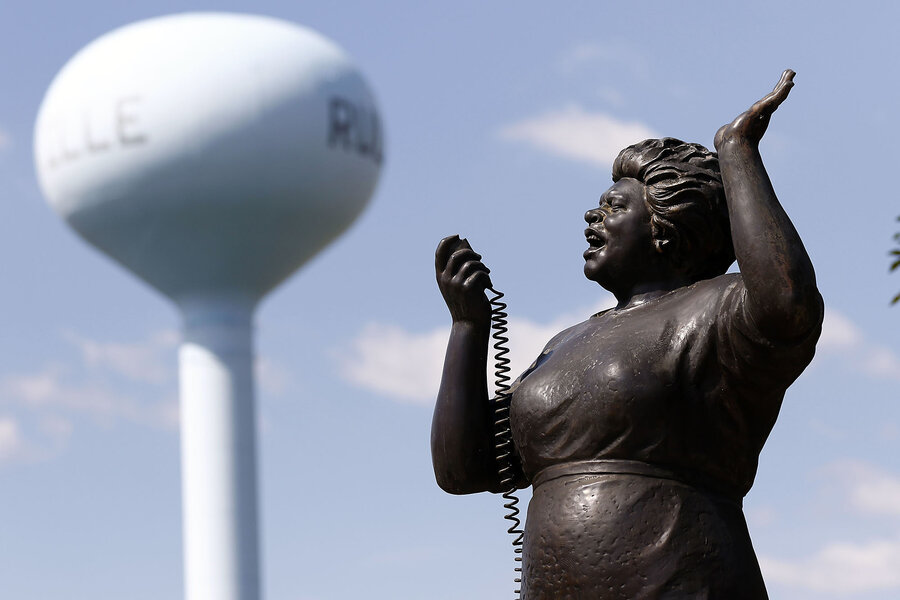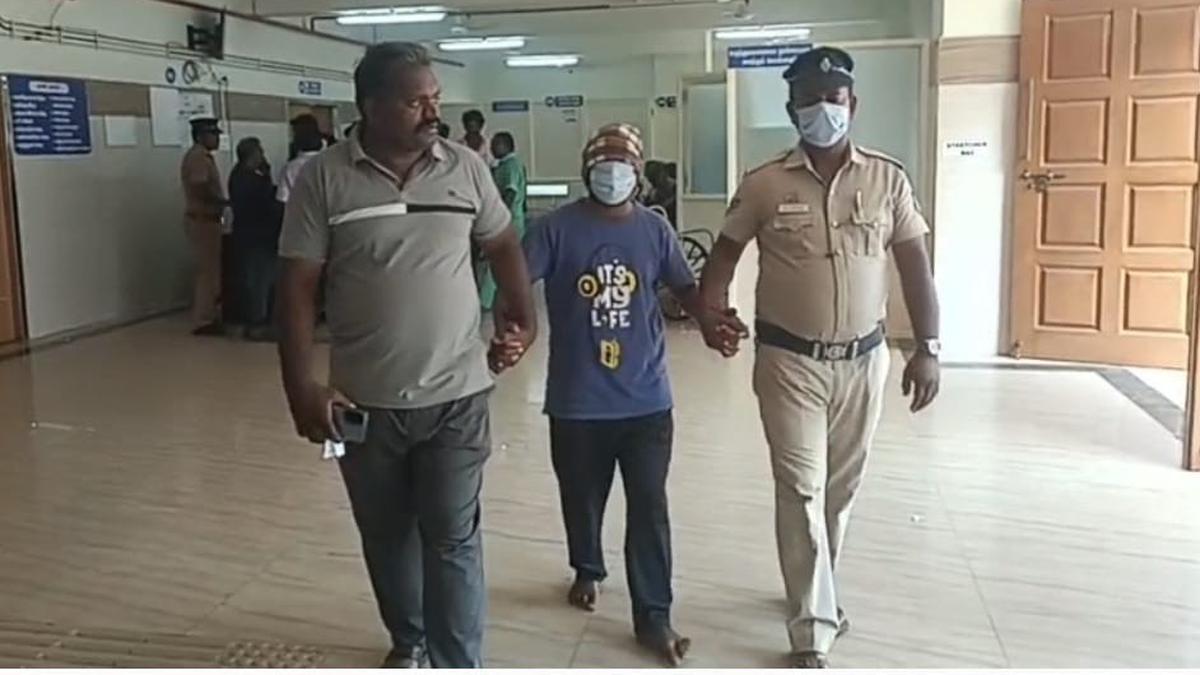Now Reading: Republican Stance on Free Speech Shifts After Charlie Kirk Incident
-
01
Republican Stance on Free Speech Shifts After Charlie Kirk Incident
Republican Stance on Free Speech Shifts After Charlie Kirk Incident
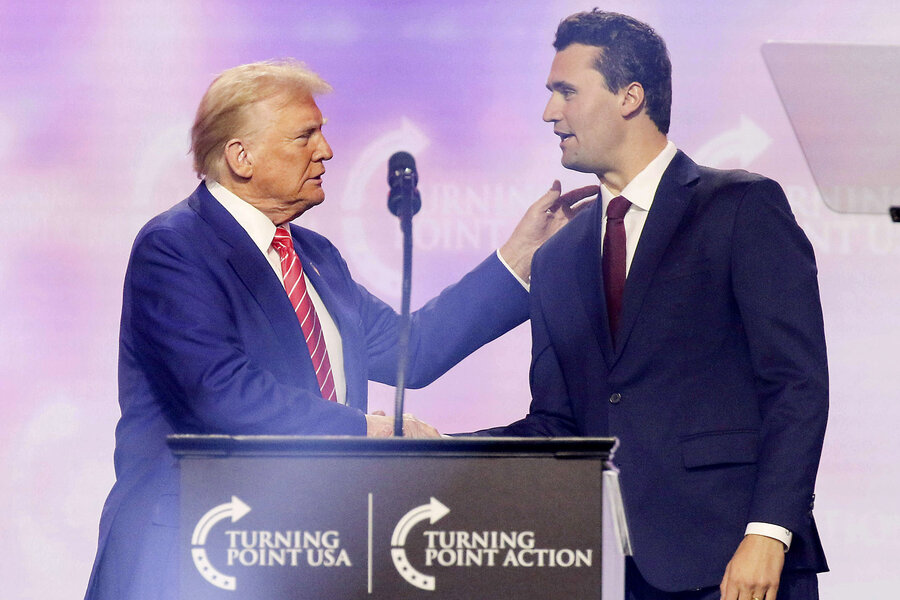
Rapid Summary
- Republican leaders are targeting critics of charlie Kirk,a conservative activist recently assassinated,through calls for public and private sector consequences.
- U.S. Vice President JD Vance and White House deputy chief of staff Stephen Miller pledged to use federal agencies to tackle groups allegedly supporting anti-Kirk rhetoric. Investigations into liberal organizations were mentioned but not yet initiated.
- Numerous employees across sectors, including teachers and military personnel, have been fired or disciplined for social media posts mocking Kirk’s death.
- Legal experts argue government involvement can cross First Amendment boundaries when actions lead to coercion affecting free speech rights.
- The debate is intensifying over the balance of free speech amidst growing cancel culture practices influenced by government officials on both sides of the spectrum.
- Republicans introduced legislation aimed at punishing entities linked to political violence while some GOP lawmakers pushed for lifetime social media bans on anti-Kirk sentiments. Rep. Clay Higgins suggested blacklisting businesses tied to such posts.
- Attorney General Pam Bondi controversially vowed legal action against individuals engaging in hate speech, furthering tensions even within her party on interpreting free speech rights.
- Amid ongoing lawsuits with media outlets including The New York Times regarding alleged defamation claims totaling $15 billion by President Trump; broader concerns arise surrounding press freedoms.
Indian Opinion Analysis
The events unfolding in the U.S., especially around Charlie Kirk’s assassination and its aftermath involving government involvement in suppressing critics’ speech, present significant lessons on safeguarding democratic principles like freedom of expression amidst political polarization. India shares deep constitutional commitments toward freedom of expression under Article 19(1)(a) but also witnesses similar debates around limits during contentious times involving dissent or divisive rhetoric online.
This controversy highlights complex challenges when governments directly engage with public sentiment enforcement-walking a tightrope between maintaining societal harmony and protecting individual liberties from undue state coercion or surveillance mechanisms encroaching ordinary discourse territory perhaps applicable globally including India’s challenges adapting frameworks digitized Public-policy era evolving perspectives channels globally could leave precedents Given stakes weighing institutional-neutral-minimum gauging.


